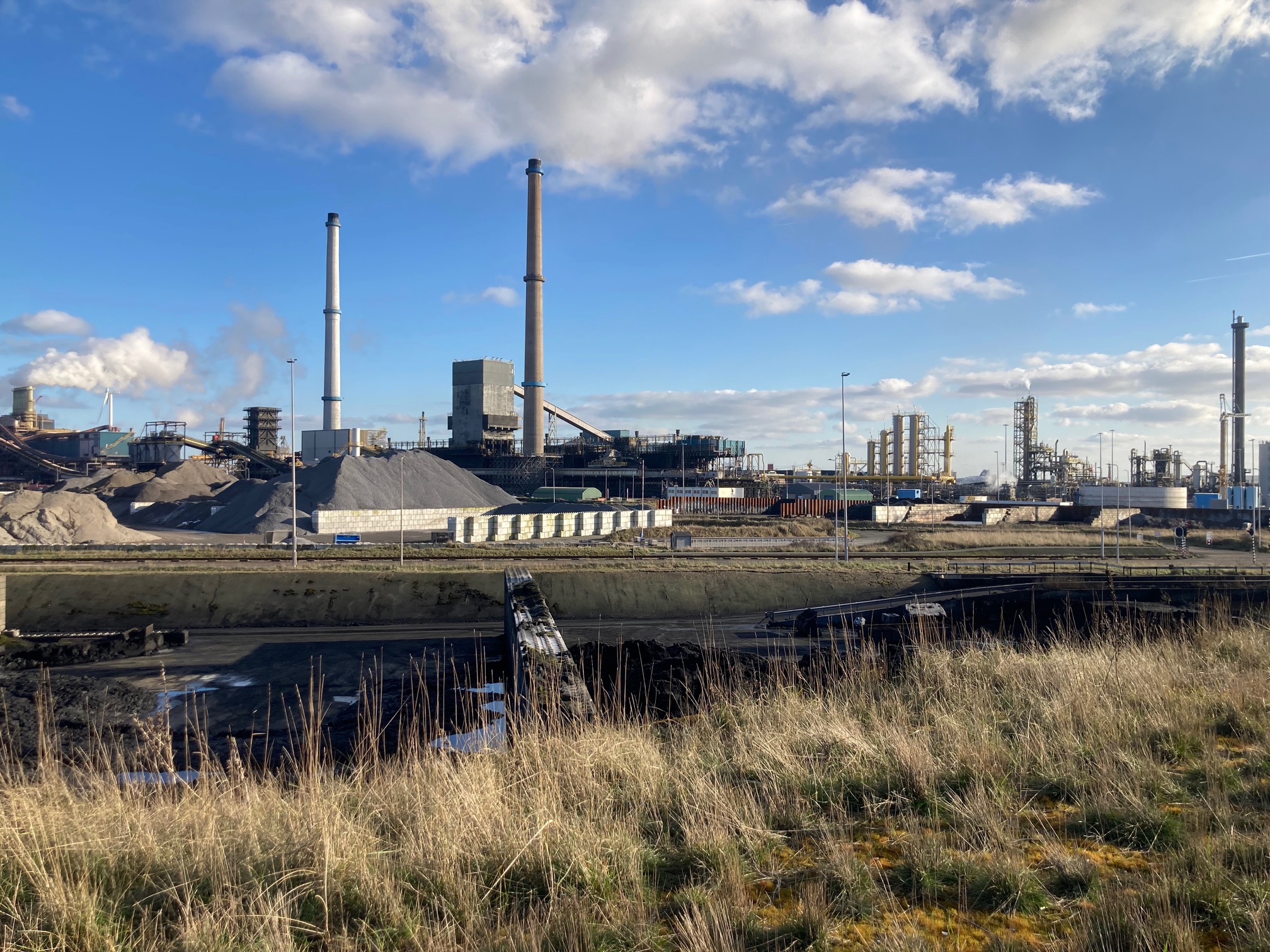Dutch ban use of steel slag in public places pending research

The Dutch government is introducing a temporary ban on the use of steel slag in areas where it could pose a risk to public health, junior environment minister Thierry Aartsen told MPs in a briefing.
For the next year, steel slag cannot be used in places where people may come into direct contact with it or breathe in its dust—such as cycle paths, footpaths and playgrounds. Aartsen said safety is the top priority and that current rules do not offer enough protection.
Steel slag is a grey, stone-like material that is left over after making steel and is mainly produced in the Netherlands by Tata Steel. The company has no use for it but generates around 650,000 tonnes of it each year—equal to 26,000 truckloads.
Steel slag is often marketed as a building material rather than waste and is commonly used as a cheap base layer in roads, dykes and waterways. However, the public health institute RIVM said in a report in 2023 it can release harmful substances when it comes into contact with rain or groundwater.
The environment inspectorate has warned twice that steel slag can damage the environment, even when used according to current regulations. The national audit office has also called for action.
News programmes Nieuws & Co and Nieuwsuur recently reported that the infrastructure ministry failed to disclose environmental risks linked to steel slag and helped Tata Steel sell the material.
After that report, officials urged companies not to use steel slag near areas where children play, warning that they might put it in their mouths. This risk is not yet covered by existing rules. Its use in coastal defences has also been linked to lobster deaths.
The temporary ban does not apply to steel slag used in large bodies of water. Research shows this use does not carry health or environmental risks, Aartsen said. The ban also does not affect steel slag that has been turned into concrete blocks, used as an additive in asphalt or concrete, or used as a binder in mixtures containing less than 20% slag.
The ministry will now require permits for other uses of the material on land it is being used safely. Aartsen said the one-year pause will be used to carry out further research and consider safer alternatives.
Thank you for donating to DutchNews.nl.
We could not provide the Dutch News service, and keep it free of charge, without the generous support of our readers. Your donations allow us to report on issues you tell us matter, and provide you with a summary of the most important Dutch news each day.
Make a donation